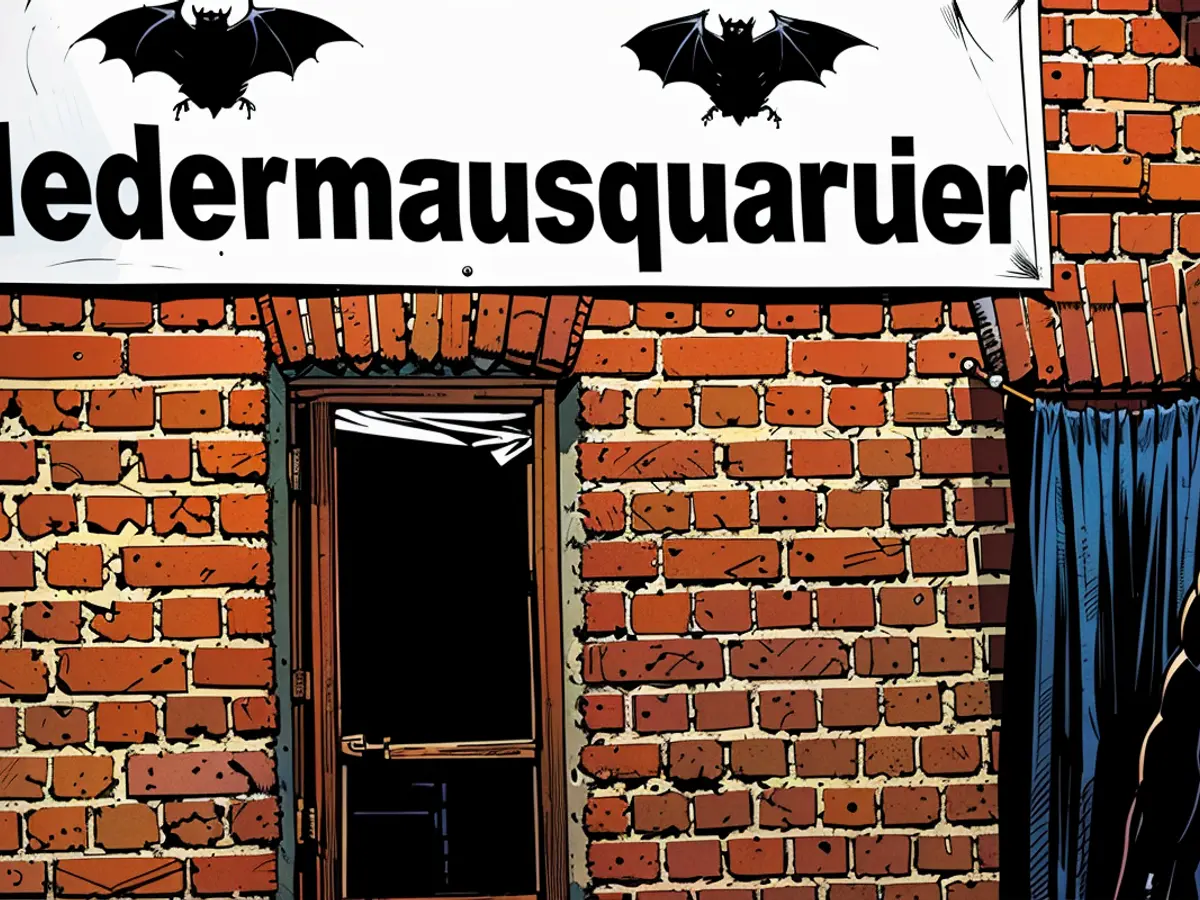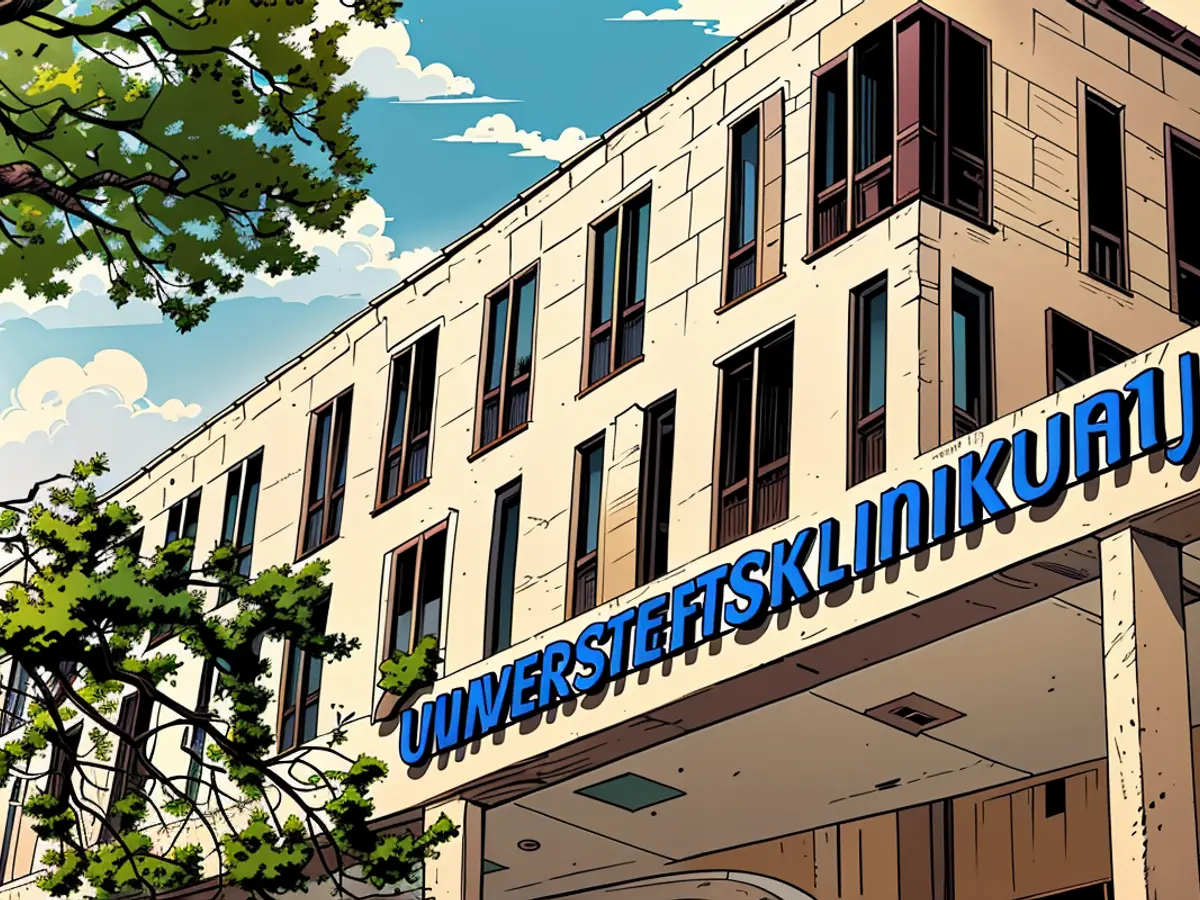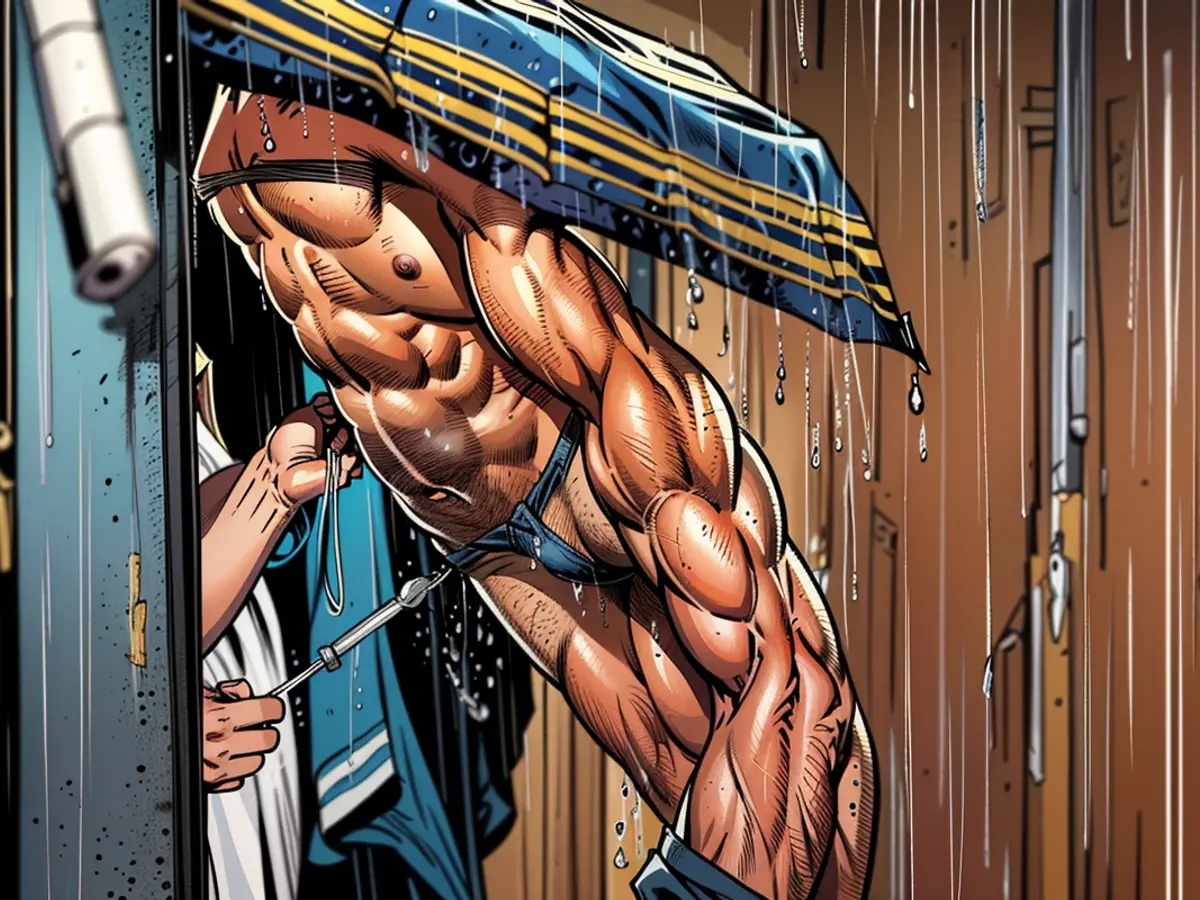- Bat Dwellings Increasingly in Danger
Bats' quarters in Mecklenburg-Vorpommern are becoming increasingly scarce. According to Patrick Folkersma from the German Federal Association for the Environment and Nature Conservation (BUND) in Wismar, many overwintering and breeding sites - so-called roosts - of bats in the region are threatened by human influences.
Unlike in southern regions of Germany, where bats can find shelter in natural caves and tunnels, the animals in Mecklenburg-Vorpommern are largely dependent on human structures like churches, bunkers, and ice cellars.
Renovation work makes churches uninhabitable
Especially churches are important protective spaces as a whole, but they are often made uninhabitable for bats due to renovation work. "Many churches close their entrances due to pigeon problems or aesthetic reasons, which displaces the bats - often without the legally required investigations," explained Folkersma.
Light pollution is also one of the problems. The nocturnal bats are deterred by the increasing illumination, for example, of church buildings. Folkersma called for better protection of the animals and preservation of their habitats. Many species are already millions of years old, some of which are severely endangered. For example, the so-called "Greater Horseshoe Bat" is threatened in Mecklenburg-Vorpommern - their wingspan can reach up to 45 centimeters.
Do not chase away bats
Especially in the summer months, when the animals change their quarters, for example, due to heat and raise young, it is important to provide them with safe shelters. "The winter quarters and breeding sites of bats are strictly protected and should not be removed or closed without further ado," he emphasizes. "It is important that private individuals do not chase away bats and give them the necessary space."
The European Union's Nature Directives, which the Commission shall be assisted by the Member States in implementing, emphasize the importance of protecting bat habitats. Despite the threats to bats' roosts from human activities, such as renovation work on churches and light pollution, it's crucial to comply with the legal requirements before altering or sealing entrances that bats rely on.





